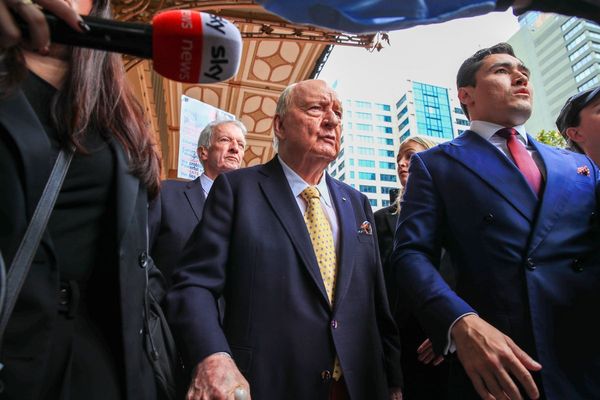Denali Therapeutics shares reversed higher Tuesday after slipping on news that the drugmaker's ALS treatment failed in a six-month study.
William Blair analyst Sarah Schram says it's not surprising that patients who received Denali's drug didn't show an improvement in disease severity through week 24. Typically, studies testing treatment for amyotrophic lateral sclerosis, or ALS, don't pan out in such a short time span.
"While the current update is disappointing for patients as well as investors, the outcome is not overly surprising considering the short (6 months) double-blind treatment period in a highly heterogeneous disease with a history of clinical trial misses," she said in a report.
After sliding in premarket trades, Denali stock 6.9%, closing at 21.18. That followed a 6.8% dive during the regular session on Monday. Shares of Denali Therapeutics are trading beneath their 50-day and 200-day moving averages, according to MarketSurge.
Secondary Measures Miss Too
Specifically, Denali Therapeutics' drug failed to make a difference on the ALS Functional Rating Scale-Revised after 24 weeks. The company also noted secondary measurements focused on muscle strength and respiratory function weren't statistically different from the placebo group.
"However, (the drug called) DNL343 was found to be safe and well tolerated, consistent with results from prior Phase 1 studies," William Blair's Schram said.
She said Biogen and Ionis Pharmaceuticals' approved ALS treatment, Qalsody, also failed to make a difference after six months on the same scale. But the Food and Drug Administration ultimately gave it accelerated approval based on reductions in neurofilament light levels after a year. Patients with ALS usually have elevated levels of this protein, signifying damage to some of the nerve fibers.
Schram kept her outperform rating on Denali stock. She noted the company is still examining other data, including NfL levels.
"We see it as too early to completely write off the program and look forward to the comprehensive analysis, which is expected later in 2025," she said. "In the meantime, we acknowledge that the already high-risk/high-reward program, in our view, has gotten riskier and have updated our probability of success from 10% to 5%."
Follow Allison Gatlin on X/Twitter at @IBD_AGatlin.







